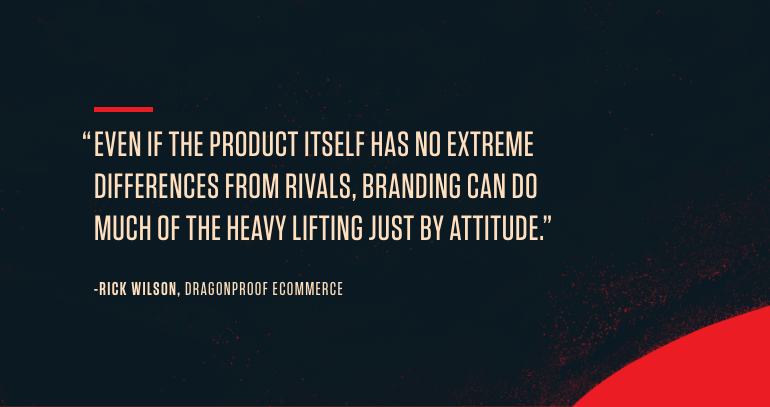
- Posted on
- • May 7, 2019

You’ve done your keyword research, optimized your category pages, and cleaned up your internal linking structure. Your faceted navigation follows SEO best practices and you’re publishing fresh, interesting content on a regular basis. Your eCommerce search engine optimization strategy is pretty much perfect in every way…
…So why is no one buying?

Shoppers are finding your site…and nothing else.
Congratulations—someone found your site via search engine and has arrived with purchasing intent! Now what do they do? Does the page they landed on feature clear product information, high-quality photos, and instructions for proceeding with a purchase? If not, the prospective purchaser you fought so hard to bring in could become frustrated or confused and end up clicking away within seconds of arriving on your site. At this point, it doesn’t matter how refined your SEO strategy development has been—you’ve still lost the sale. Make sure any page that a potential customer could find is user-friendly, informative, and abundantly clear on what next steps should be taken.
Visitors want proof.
Today’s online shoppers know better than to trust every site they find via search engine. Even if your SEO strategy plan has earned you first page placement, the endorsement of Google or Bing doesn’t carry nearly as much weight as a positive review or influencer recommendation. Your prospective customers want to see reviews from their peers, detailed testimonials, case studies, and other forms of social proof. If you have user-generated content, put it to use on your site! If not, consider reaching out to your customers and offering incentives for their reviews, feedback, and social media interactions.

You’re not Amazon.
Time for some real talk. If your store’s only competitive claim is cost or convenience, Amazon is going to win every time. Searchers who are looking for low prices, 2-day shipping, and nothing else will probably be inclined to choose the convenience of Amazon over an independent site. If you want sales numbers worthy of the traffic your SEO marketing strategy is bringing in, you’ll need a unique value proposition.
In his book Dragonproof Ecommerce, eCommerce thought leader Rick Wilson cites the cough drop brand Fisherman’s Friend as a prime example of how effective a unique differentiator can be. Fisherman’s Friend uses imagery and storytelling to imply that their product is far more powerful than ordinary cough drops due to its history of use by the hardiest of fishermen in the harshest of conditions. This strategy seems to have worked out well for the brand, which was profiled alongside colossal market leaders like Vicks and Walgreens in the Global Cough Drops Market Research Report 2019.

You don’t have to be like Amazon, focusing on rock-bottom prices and convenience, to succeed in eCommerce. The right value proposition and differentiator can effectively position your products as preferable to those found on Amazon.






